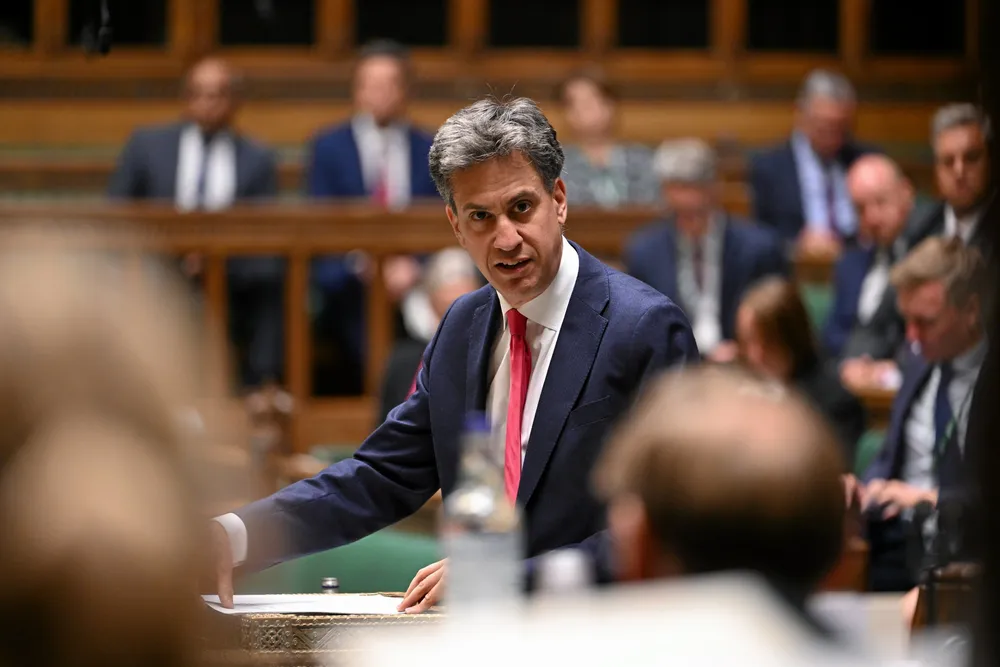UK to ban 'forced labour' solar and wind kit for GB Energy amid China supply chain fears
There have been long-running allegations that polysilicon used in solar panels is produced using Uyghur Muslim forced labour in China’s Xinjiang region

The UK government will reportedly move to ban its new national clean power developer GB Energy from using solar, wind and battery technology with links to forced labour, which China is alleged to employ in its Xinjiang region.
This will reportedly require that all solar panels, wind turbines and batteries must not contain materials suspected to have been made through forced labour.
There is particular concern over polysilicon – a key component for solar panels – produced in China's northern Xinjiang region, where there have been long-running allegations of human rights abuses against Uyghur Muslims. The UK, like most other countries, is highly dependent on China for solar panels.
The Office of the UN High Commissioner for Human Rights concluded in a 2022 report that “serious human rights violations” had been committed against Uyghur and other predominantly Muslim communities in the region that could constitute crimes against humanity.
Allegations that Chinese wind turbine manufacturers are involved in forced labour supply chains have been far rarer – but not non-existent.
“We are working across government to tackle the issue of forced labour in solar supply chains, and the relaunched Solar Taskforce is focusing on developing supply chains that are resilient, sustainable and free from forced labour.
“Having listened carefully to the views of MPs and Peers, we are considering how we can go further to help ensure Great British Energy is a sector leader in this area.”
China has said previously that allegations of forced labour in the region are false and part of an anti-China smear campaign.
“The CCCEU supports constructive dialogue and ongoing efforts to enhance transparency, uphold labour rights, and ensure that manufacturing processes are aligned with internationally recognised standards.”
“The Chinese government has consistently reiterated its commitment to protecting workers’ rights”, it said, adding that Chinese law mandates fair working conditions, workplace safety, and equal employment rights.
German chemicals giant BASF this week said it was exiting two joint ventures in Xinjiang, with that move coming after its local partner allegedly participated in human rights abuses.
(Copyright)